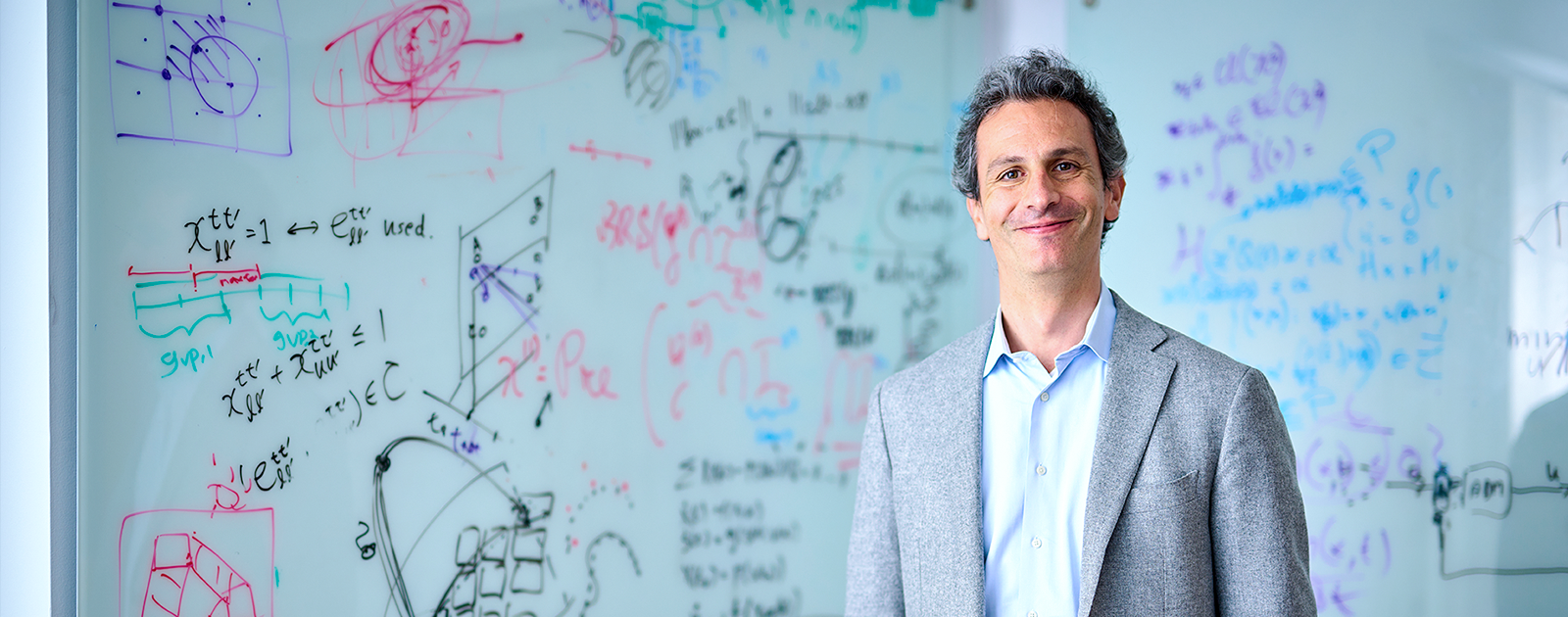
IEEE Fellow
Stefano Di Cairano,Ph.D.
Control Systems

IEEE Fellow
Control Systems
Dr. Stefano Di Cairano was elevated to IEEE Fellow in 2025 in recognition of his contributions to predictive control and constrained control in automotive and aerospace applications. These technologies predict the future behavior of controlled systems (such as vehicles or satellites), and determine the optimal actions in advance, taking into account physical limitations and desired operations (constraints), to achieve high-performance control. Originally developed for large-scale, slow-moving applications such as chemical plants, these methods have been adapted by Stefano to work effectively in small, fast-moving devices like cars and satellites.
In these environments, computing time is extremely limited, and there are many sources of external disturbances (such as other vehicles or road conditions). Therefore, existing methods must be extended to perform high-speed computation and to increase robustness against outside influences. The computations require solving difficult optimization problems many (10/100/1,000) times every second. Stefano's work has developed such techniques for applications in a wide range of automotive systems (engine control, hybrid and electric vehicles, ADAS, autonomous driving) and space systems (spacecraft rendezvous, attitude control, satellite station keeping). His developments have been implemented in automotive driver-assistance systems and have also enabled automation of high-precision tasks, such as automatically coupling tractors and trailers in shipping yards. Looking ahead, applications are also expected in space systems, HVAC systems, and industrial equipment such as laser processing machines.
"I have found MERL to be a unique place that allows me to do fundamental research with opportunities of impacting actual products," says Stefano. Moving forward, in addition to his personal research in the fields of autonomy, spacecraft, and predictive control, he aims to support younger researchers and contribute to research strategy and the technology transfer process.
"Research is seeking effective solutions to hard problems, which will make the world a better place," Stefano says. His encouraging message to young researchers is "Do not give up if things do not work the first time. Be patient and try again. It may take a long time, but if you work hard you can achieve anything."

In 2008, Stefano earned his Ph.D. from the University of Siena in Italy. His areas of expertise include control, dynamical systems, optimization, and robotics. His research interests include model predictive control, constrained control, networked control systems, optimization algorithms, and stochastic systems, as well as their applications in the automotive, aerospace, logistics, and factory automation fields. He currently leads the Control for Autonomy team and serves as Chair of the IEEE CSS Technology Conferences Editorial Board, Vice-Chair of the IFAC TC on Optimal Control, and an Executive Member of the IFAC Industry Committee.
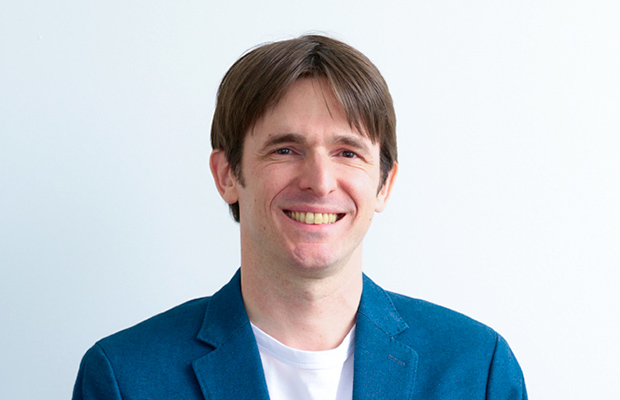
Jonathan Le Roux,Ph.D.
Distinguished Research Scientist,
Senior Team Leader,
Mitsubishi Electric Research Laboratories
Multi-Source Speech and Audio Processing
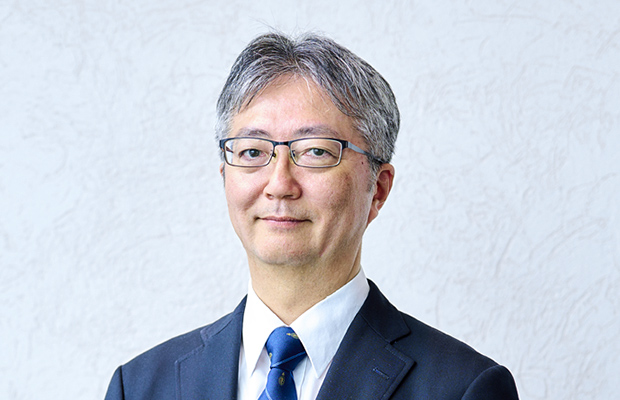
Shumpei Kameyama,Ph.D.
General Manager,
Sensor Information Processing Systems Department Advanced Technology R&D Center,
Mitsubishi Electric Corporation
Atmospheric Environment Measurement
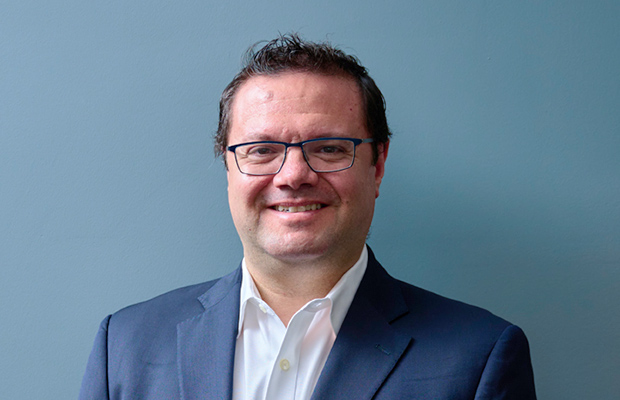
Petros T. Boufounos,Sc.D.
Distinguished Research Scientist,
Deputy Director,
Mitsubishi Electric Research Laboratories
Compressed Sensing
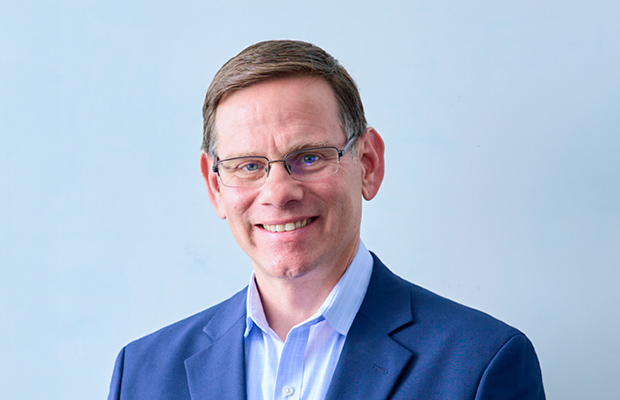
Anthony Vetro,Ph.D.
President,
Chief Executive Officer,
Mitsubishi Electric Research Laboratories
Video Compression